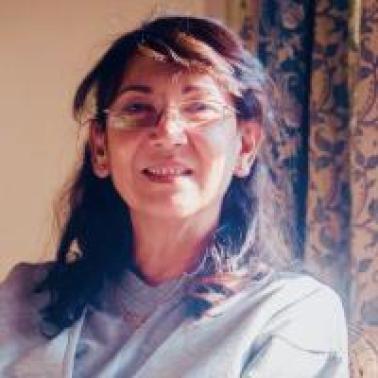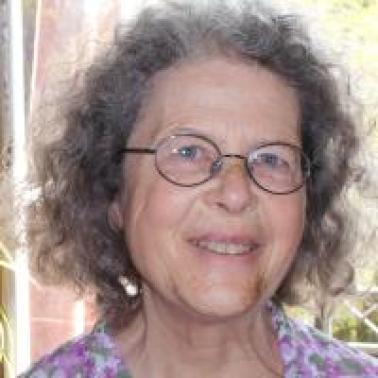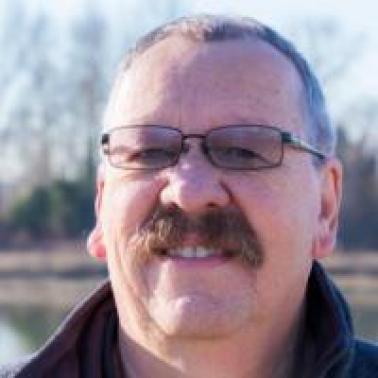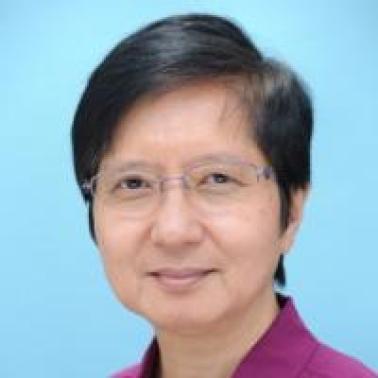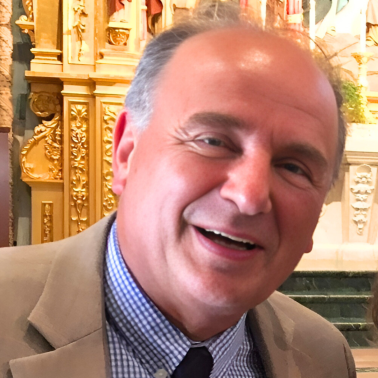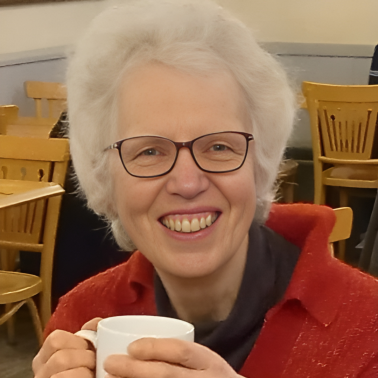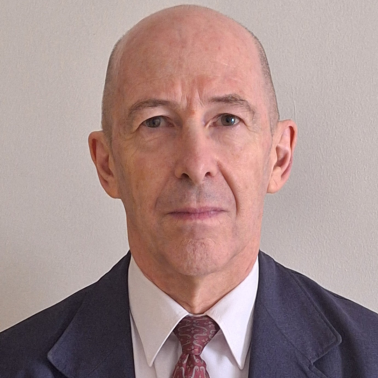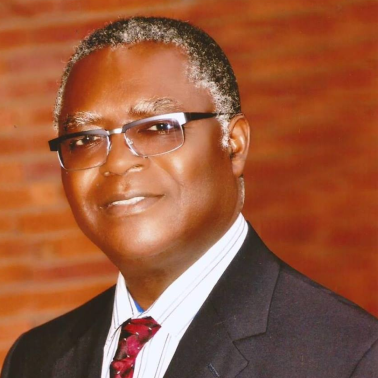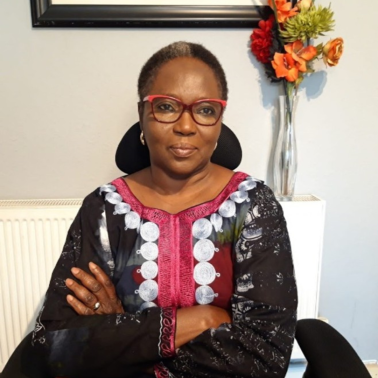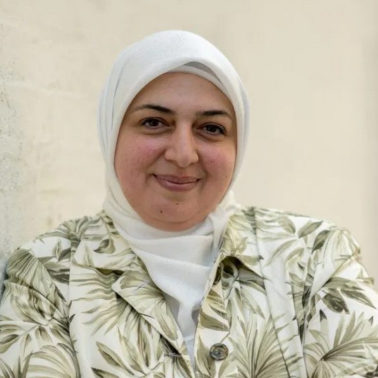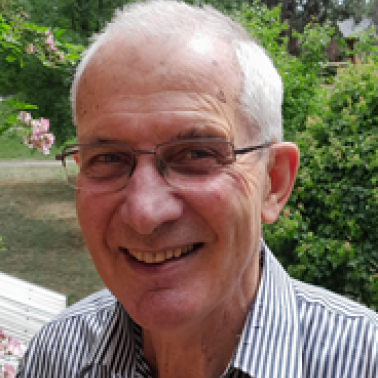Dr. Peter Rundell, CBE (United Kingdom)
Dr Peter Rundell was born into an IofC family (then MRA); his parents got engaged in Caux and he spent much of his childhood in MRA homes in London and in Switzerland. Like many other children of MRA marriages he was sometimes cared for by friends of the family while his parents were away, and recalls with appreciation the sense of being included, as a child, in welcoming visitors to Mountain House and folding hundreds of napkins for the dining room so that all those who came should feel treated "as a royal soul".
He went to Oxford to read mathematics and then spent a year in Brazil with MRA. He returned to the UK to do a Ph.D. in mathematical statistics and then faced a choice of career. He speaks of sitting in Caux and praying over two offers: international development as a civil servant, or banking computerised decision support. A time of quiet gave him the clear thought to go into development, a decision which, looking back, left him with much less money and far greater riches.
His career in international development took him to many countries, but most important to him is Zimbabwe, where he met Barbara - they married in 1984 so will celebrate their fortieth anniversary in December 2024. He worked in the European Commission, the World Bank and the UN, in countries ranging from Kosovo and Iraq to Libya and Mali.
Alongside his official work, he has been part of the Steering Group for IofC's Initiative for Land, Lives and Peace, which grew out of the Caux Forum on Human Security and has helped to bring land degradation and climate change onto the agenda of security actors, and peace-building and trust-building onto the climate change agenda. He also chairs a Trust in Zimbabwe that works with low-income communities to develop changed mindsets and mutual support in collective gardens in peri-urban areas.
Throughout his life he has tried to follow the sense of direction that comes from seeking God’s will. Since 2005, that has led to a focus on countries in and emerging from violent conflict. He was awarded the CBE in 2013.

